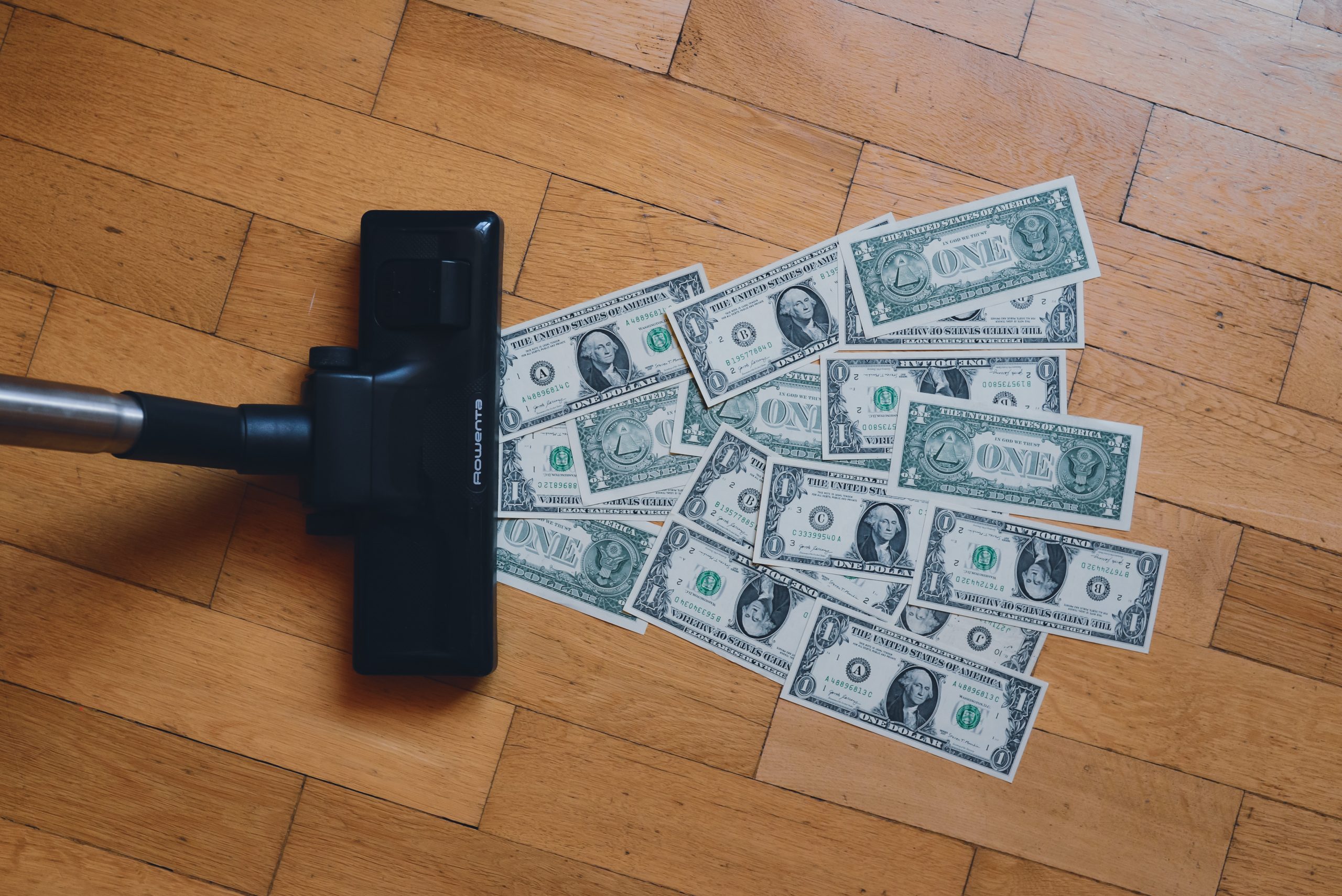
A Tax by Any Other Name is Still a Tax
Allow me to let you in on a little secret: the government LOVES inflation. They don’t call it the hidden tax for nothing, and if there’s one thing that’s for certain it’s that the government absolutely reveres taxation.
As Milton Friedman noted, “Inflation is the only form of taxation that can be levied without any legislation.” It reduces purchasing power and increases government revenue like a traditional tax. Those in power love it – especially the feds, who are at the root of our inflation problem to begin with (printing presses go brrr).
Why wouldn’t they? Often when they try to use the democratic process to extract more resources from us, the anti-taxers come out and make their life hell – sometimes even voting them out (see the 2015 GOP tax hikers and how many kept their seats). Inflation, however, provides a back door thanks to bracket creep.
Bracket creep occurs when inflation pushes taxpayers into higher income tax brackets or reduces the value of credits, deductions and exemptions, according to the Tax Foundation. It results in an increase in income taxes without an increase in real income.
And it’s not just income taxes but sales and gas taxes, too.
The prices Nevadans pay today for goods and services are more than 15 percent higher than they were at the beginning of 2021, according to the U.S. Congressional Joint Economic Committee. That boost has put more funds in the state’s coffers.
Right now there are tax-and-spend liberals and bureaucrats who are positively giddy about news earlier in the month that Nevada tax revenues exceeded its general fund budget by more than $1 billion.
This was fueled in part by higher-than-expected sales tax and commerce tax collections, for a total $5.5 billion collected through the fiscal year ended June 30.
That’s a lot of cash. While a good chunk ($400 million) will be deposited in the state’s rainy day fund, I’m sure the rest will be spent wisely and efficiently by our elected officials. (wink, wink)
But there’s one last reason governments love inflation and it’s related to debt. It’s no secret the federal government has a spending problem, but what if I told you there was a way they can reduce the cost of servicing the debt in real terms while keeping the difference?
Inflation can help with that. Among those who lose with inflation are lenders, since the fixed amount borrowers use to repay debts is done with money that has less value than the original amount borrowed.
With the U.S. as the world’s largest debtor – with a whopping $31.2 trillion owed (not including unfunded liabilities, of course) – those in power have much to gain from inflation.